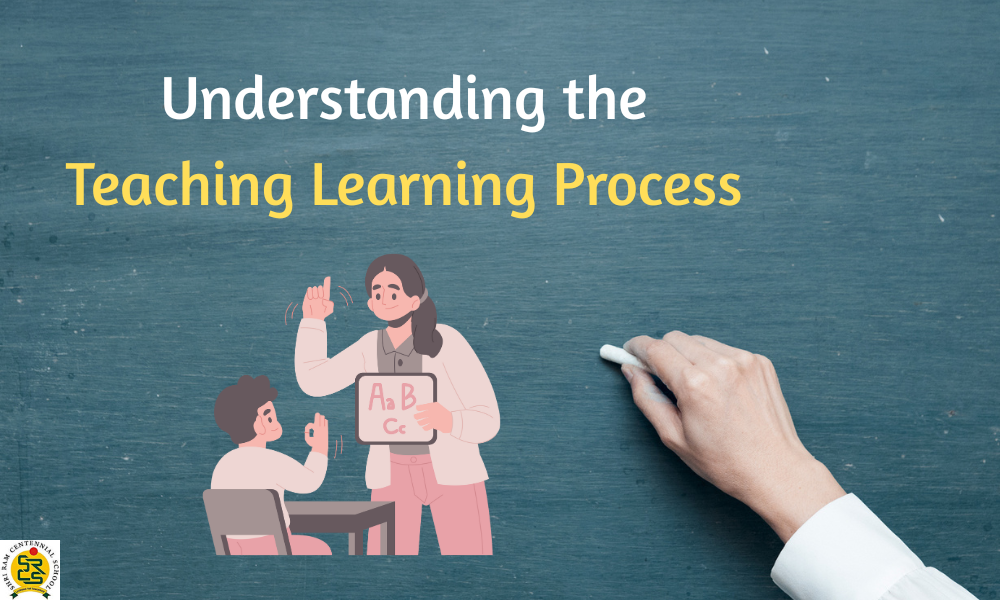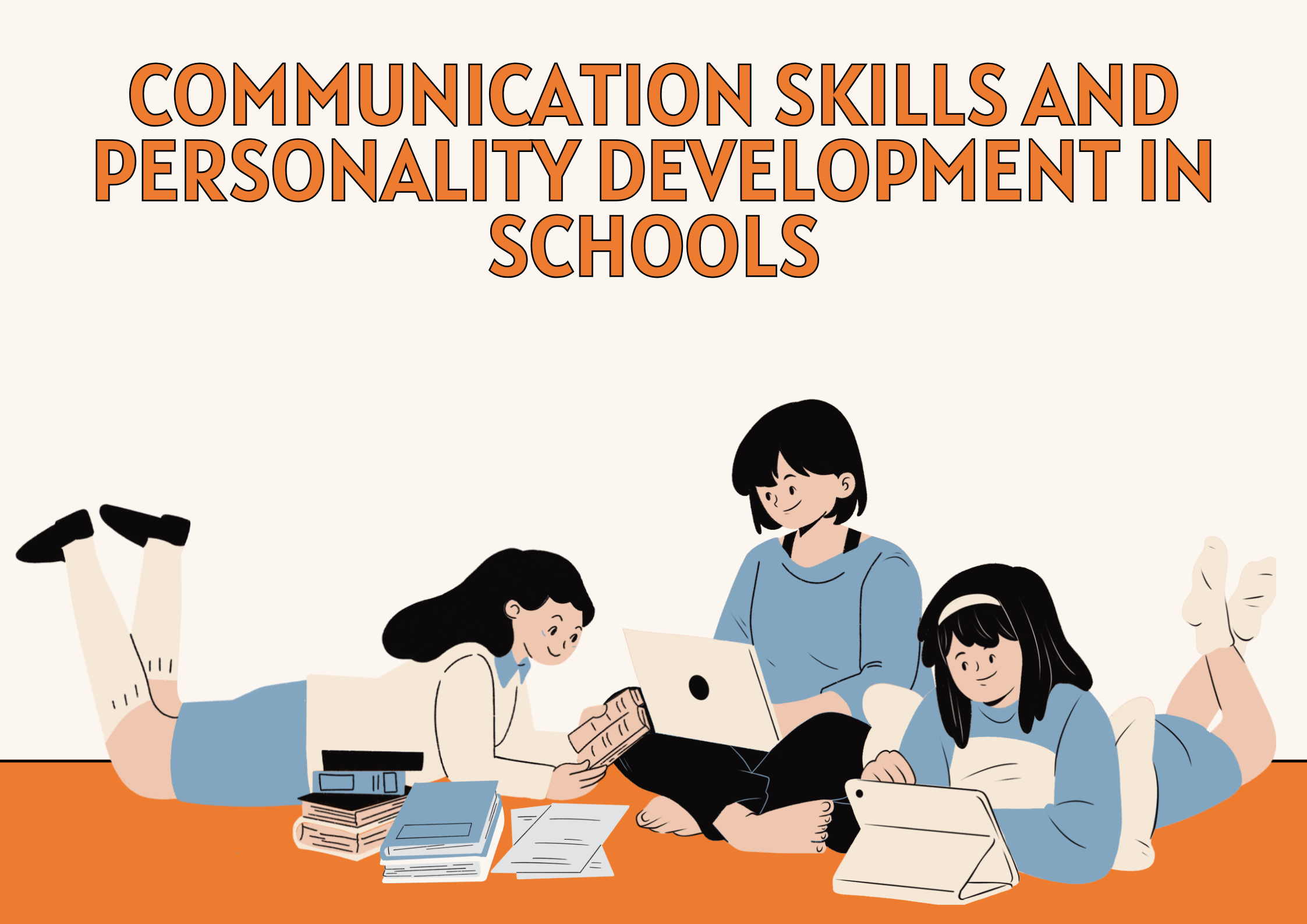In today’s fast-paced world, developing the habit of reading books can be a game-changer for Shri Ram Centennial School students and parents alike. It is an essential skill that improves focus, knowledge, and creativity.
But many struggle with how to make consistent part of their lives. In this article, we’ll break down practical strategies to make reading books easy, enjoyable, and rewarding.
Whether you’re a student in a boarding school in Dehradun or a parent looking to inspire your child, these tips will set you on the right path.
Why Reading Books is Important

It goes beyond just gaining knowledge. It’s an immersive experience that enhances critical thinking, vocabulary, and emotional intelligence.
For students in schools like those in Dehradun, the habit of reading fosters academic excellence and helps in personal growth.
Parents who read regularly often set a strong example for their children, showing them the value of lifelong learning. But why do so many people struggle to stick to this habit?
How to Start Reading Books
Getting started with books doesn’t have to be overwhelming. Follow these simple steps to kickstart your journey:
1. Choose the Right Books
The key to enjoying reading books lies in picking genres or topics that genuinely interest you. For students, this could range from fantasy novels to biographies of inspiring leaders. Parents might enjoy books on personal development or parenting.
2. Set a Realistic Goal
Begin with small goals like reading 5-10 pages daily. Consistency is more important than quantity. As you get comfortable, you can increase the pace and duration.
3. Create a Reading Environment
Find a quiet, comfortable space dedicated to books. This could be your study corner, a cozy spot in your home, or even the library in your boarding school.
4. Use Technology Wisely
E-books and audiobooks can make reading books more accessible. Apps like Kindle and Audible allow you to carry an entire library in your pocket.
How to Stick to the Habit of Reading Books

Forming a habit requires discipline and motivation. Here’s how you can make reading books a consistent practice:
1. Incorporate Reading into Your Routine
Make this a part of your daily schedule. For instance, students in boarding schools in Dehradun can allocate time for reading during study hours or before bedtime.
2. Track Your Progress
Keep a reading journal to note the books you’ve read and your key takeaways. This not only boosts motivation but also helps in retaining what you’ve learned.
3. Join a Book Club
Book clubs are a great way to stay motivated and discuss ideas. Many schools and local communities organize such clubs, creating a supportive environment for readers.
4. Reward Yourself
Celebrate milestones like finishing a book or reaching a reading goal. Rewards could be as simple as a treat or buying a new book.
Overcoming Challenges in Reading Books

1. Lack of Time
For busy students and parents, finding time for reading books can be challenging. The solution lies in prioritizing. Use commute time, lunch breaks, or weekends to read.
2. Distractions
Social media and other distractions can derail your focus. Minimize interruptions by turning off notifications and setting specific times.
3. Losing Interest
If you find a book boring, don’t hesitate to switch to another. The goal is to make reading books enjoyable, not a chore.
Succeeding with Reading Books
Success in reading books isn’t just about finishing them but also about applying what you learn. Here are some tips to ensure you gain maximum benefits:
1. Reflect and Discuss
After finishing a book, take time to reflect on its key messages. Discussing books with friends, family, or teachers can deepen your understanding.
2. Apply the Knowledge
For students, apply insights from reading books in your essays, projects, and exams. Parents can use their learnings to improve family dynamics or work performance.
3. Explore Diverse Genres
Don’t limit yourself to one genre. Explore fiction, non-fiction, poetry, and drama to broaden your perspective and make reading books more exciting.
Benefits of Reading Books for Students and Parents
For Students
- Improved academic performance.
- Enhanced vocabulary and language skills.
- Better focus and concentration.
For Parents
- Reduced stress and improved mental health.
- Increased bonding opportunities when reading with children.
- Continuous personal development.
Conclusion: Make Reading Books a Lifelong Habit
In conclusion, reading books doesn’t have to be a daunting task. By starting small, staying consistent, and making it enjoyable, you can transform it into a lifelong habit.
Whether you’re a student aiming for academic success or a parent looking to set an example, the strategies discussed here will help you succeed.
Remember, the journey of reading books is as rewarding as the destination, so start today and reap the countless benefits it offers.










